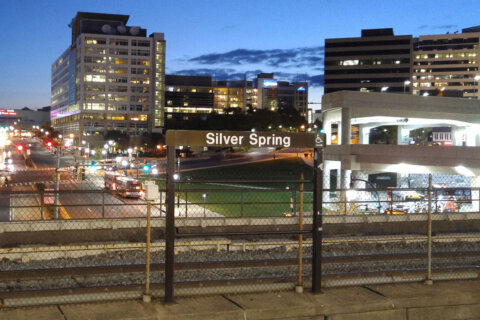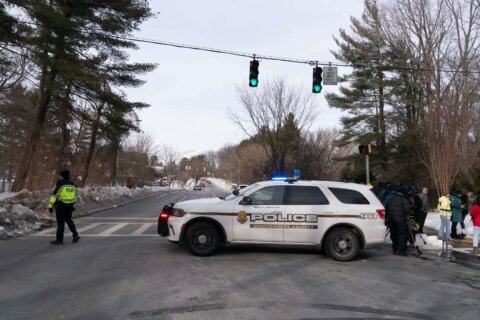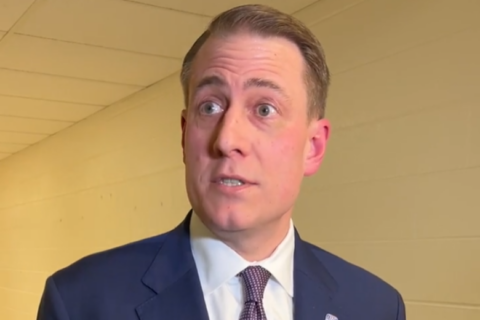A bill introduced in Montgomery County, Maryland, on Tuesday would provide tenants some extra assurances that their rent would not increase dramatically as the state’s public health emergency comes to an end.
County Council Member Will Jawando said in a Wednesday news briefing that Bill 3021 would extend the protections keeping landlords from increasing rent prices beyond the voluntary guidelines for one year beyond the end of Maryland’s state of emergency.
It would also prohibit the accrual of late fees on rent for the same time period.
Maryland Gov. Larry Hogan recently extended the state of emergency for another month, but indicated it would be the last time he would do so.
“We know if you look at this period of time versus the Great Recession in the early 2000s … Payroll employment in the United States this May was down 5% from February of 2020,” Jawando said. “The lowest point of the Great Recession was [down] 5.3%. So we’re at a comparable rate of payroll employment being down. And this just kind of underscores the point that this is an unequal recovery.”
When asked why the county was preventing late fees on rent but reinstituting late fees for unpaid parking tickets, Jawando called the two situations “apples and oranges.”
“Obviously one of the main themes of this pandemic is how unequal it has hit certain communities and impacted folks,” Jawando said. “To get a parking ticket, you need to have a car — not that anyone who has a car hasn’t dealt with things during the pandemic, they absolutely have,” Jawando said. “But I think it’s a false choice, it’s a different issue and we want to make sure people are stable in their homes.”
I-270 updates
Montgomery County Executive Marc Elrich said he recently had a productive conversation with the state’s secretary of transportation, Gregory Slater, about potential alternatives to Hogan’s proposed plans to widen the road to create managed lanes. Elrich has previously advocated the idea of creating reversible lanes on Interstate 270 to mitigate traffic.
“The County Executive and I had a very thoughtful exchange of ideas and perspectives on the project,” Slater told WTOP. “Understanding all perspectives very clearly is important to any project.”
For his part, Elrich said both he and the governor agree that congestion needs to be dealt with, but they differ in their approach to solving it.
Elrich said he would like to see the project solve congestion issues “as efficiently as we can.” He said he feels the public-private partnership (P3) that the governor has proposed to work on widening I-270 does not accomplish that.
“Are we in some ways overbuilding a solution that … just makes the project more beneficial and profitable to a P3 partner?” Elrich said. “If this was a state project and we were paying for it, I doubt we’d build more than we needed to, because we wouldn’t be interested in the profits; we’d be interested in solving the problem as efficiently as we can.”
WTOP’s Kate Ryan contributed to this report.








